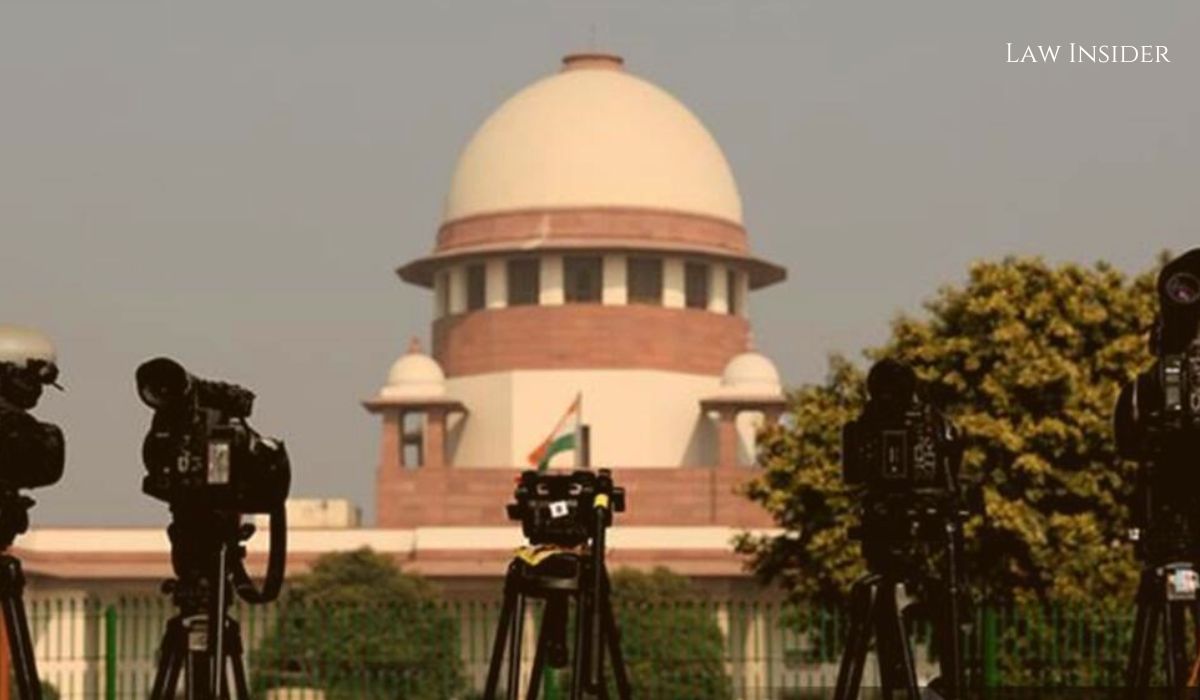LI Network
Published on: February 22, 2024 at 11:12 IST
The Supreme Court has held that delays in filing appeals against acquittals can be condoned under Section 5 of the Limitation Act, 1963. Justices Sudhanshu Dhulia and P.B. Varale, concurring with the decision of the High Court, emphasized that such delays can indeed be excused under the Limitation Act, 1963.
The judgment, authored by Justice Sudhanshu Dhulia, highlighted that Section 5, along with Sections 2 and 3 of the Limitation Act, 1963, can be invoked in appeals against acquittals. The Court dismissed contentions raised against the application of Section 5 in the present case, asserting that the limitation period mentioned in Section 378 of the Criminal Procedure Code (Cr.P.C.) does not exclude the applicability of the Limitation Act.
Background:
The case involved an appellant-accused who was acquitted by the Trial Court under the Customs Act of 1962. The Directorate of Revenue Intelligence (DRI) filed an appeal against this acquittal, accompanied by an application for condonation of delay, which was allowed by the Delhi High Court.
Subsequently, the appellant filed a recall application before the High Court seeking to reverse the order granting condonation of delay, but it was dismissed. This led to the appellant-accused filing a criminal appeal before the Supreme Court.
Arguments and Observations:
The appellant argued that the High Court erred in allowing the delay condonation application, contending that Section 378 of Cr.P.C. is self-contained and does not permit the application of the Limitation Act. However, the Respondent-DRI maintained that the delay could be condoned under the Limitation Act.
The Supreme Court, after considering the arguments, rejected the appellant’s submissions. It distinguished the case cited by the appellant, emphasizing the difference between the old Cr.P.C. and Limitation Act and the current provisions.
The Court referred to its earlier decision in Mangu Ram v. Municipal Corporation of Delhi, where it elucidated that Section 5 of the Limitation Act, 1963, is applicable even in cases governed by special laws unless expressly excluded.
Conclusion:
The Supreme Court, finding no merit in the appellant’s contentions, dismissed the appeal. Additionally, the stay on the High Court’s order was vacated, directing the Registry of the High Court to proceed with the case in light of the Supreme Court’s observations.
Case Details:
MOHD ABAAD ALI & ANR. VERSUS DIRECTORATE OF REVENUE PROSECUTION INTELLIGENCE | Crl.A. No. 001056 / 2024

